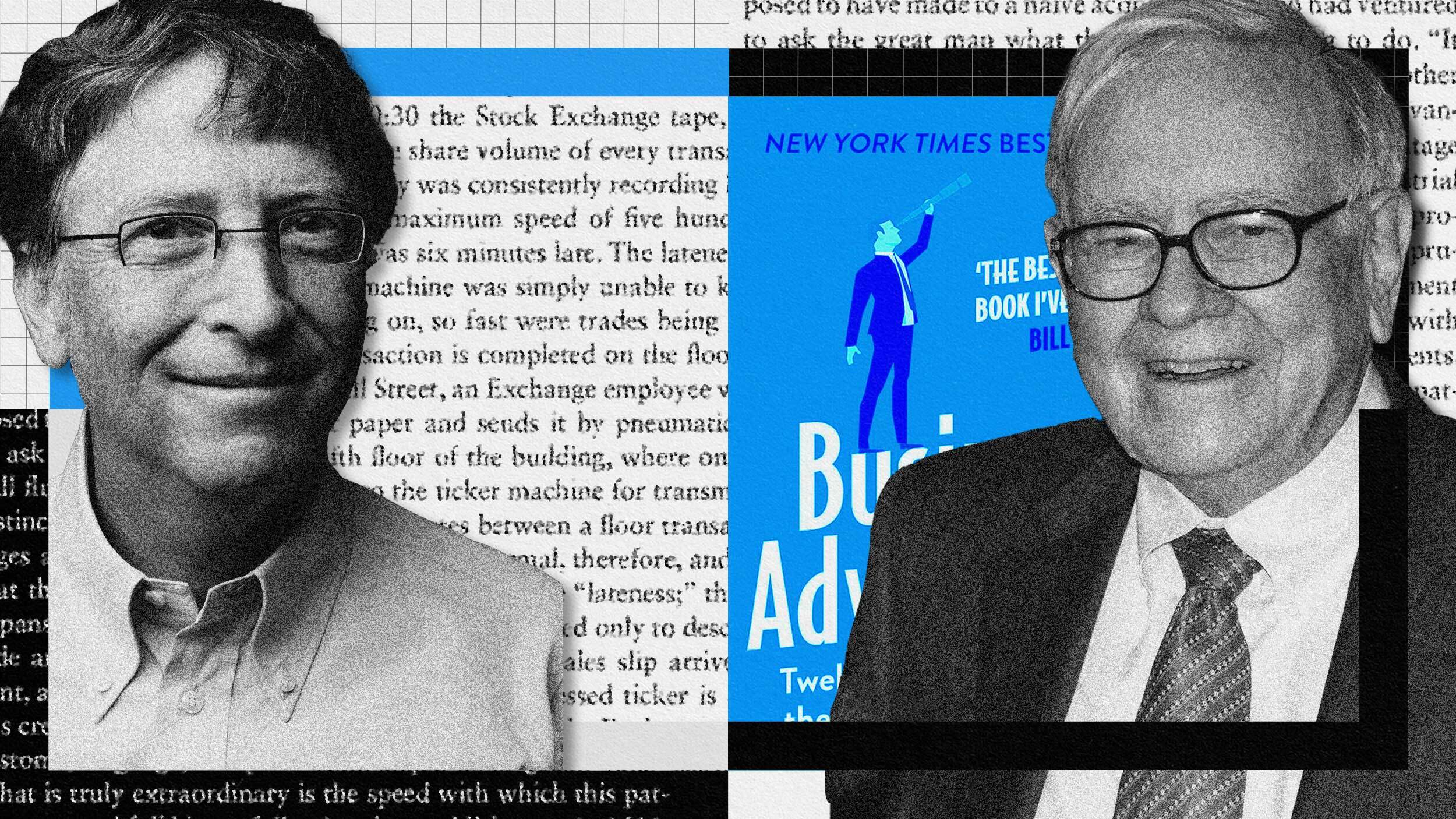Amid widely-publicized corporate scandals, global environmental threats, and powerful advances in biotechnology, says ethicist Paul Root Wolpe, big companies find themselves tromping through an ethical minefield, desperately in need of guidance.
Paul Root Wolpe: An interesting thing has been happening recently. If you go into your local Barnes & Noble and you look on the business shelf - if you had gone in 10 years ago, what you would have seen a lot of on that shelf were the Seven Minute Managerand all these management books on how to be efficient. What you’re going to see now are leadership books, a large percentage of which are how to be principled leaders or ethical leaders. People have begun to recognize that corporations are going to need to take a kind of ethical leadership in how these products are produced and marketed.
And it has been my experience having done a lot of consultation to industry on ethical issues, that they’re actually very receptive to this because they understand what happens if they put something out that the culture or the society then sees as somehow unethical or problematic. It actually comes back to haunt and hurt them.
One of the things that I’ve often talked to corporations about is putting together ethics committees around particular products – not just ethicists, but people from a variety of different fields, lawyers, marketers, average people from the community – to talk about the use of particular kinds of technologies. Pfizer did that when they first discovered Viagra because they were very, very worried about how the public would respond to this drug and whether the public’s sort of skittishness with sexuality would somehow hurt Pfizer. So they put together a committee that talked about it, gave them advice on how to market it and how to think about it.
The other thing that companies can do and should do is think of ethics in the same way they think of law or other kinds of services. Ethics is a professional field. There’s a literature, there’s a history, there’s a set of concepts that can be very useful for corporations. So there are many companies now that hire ethicists or ask ethicists to consult with them around some of the ethical dilemmas they find themselves in. And I think that that’s a very wise thing to do because ethical missteps can sink a product pretty quickly.
Directed / Produced by
Jonathan Fowler & Elizabeth Rodd





